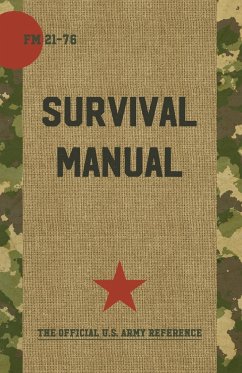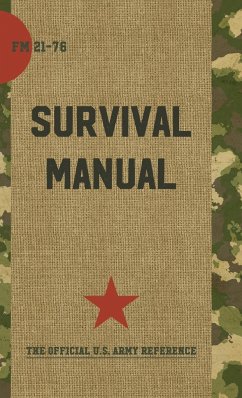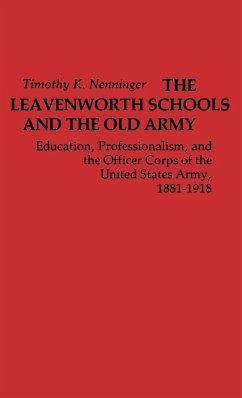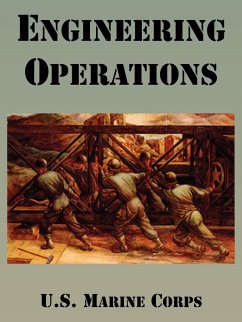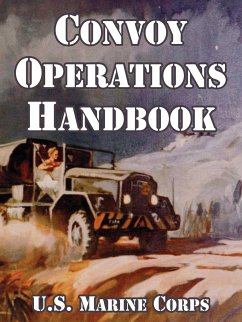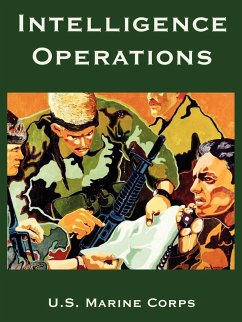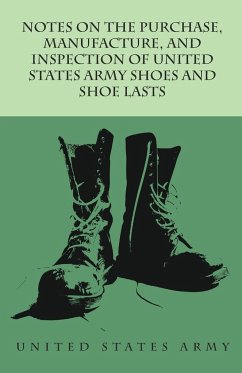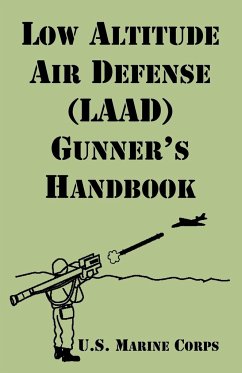
Management of Stress in Army Operations
Versandkostenfrei!
Versandfertig in 1-2 Wochen
22,99 €
inkl. MwSt.

PAYBACK Punkte
11 °P sammeln!
The two most important ingredients of combat stress are physical fatigue and mental stress. Combat stress is a result of exposure to battle conditions, just as injury and physical disease are results of battle conditions. In past wars, it was revealed that there was one combat stress casualty (identified as a neuropsychiatric casualty) for every four wounded in action - one for every three wounded during lengthy periods of intense combat. In a war characterized by continuous operations on a high-intensity integrated battlefield, the relationship of stress casualties to wounded in action is exp...
The two most important ingredients of combat stress are physical fatigue and mental stress. Combat stress is a result of exposure to battle conditions, just as injury and physical disease are results of battle conditions. In past wars, it was revealed that there was one combat stress casualty (identified as a neuropsychiatric casualty) for every four wounded in action - one for every three wounded during lengthy periods of intense combat. In a war characterized by continuous operations on a high-intensity integrated battlefield, the relationship of stress casualties to wounded in action is expected to be at least one to three and conceivably even greater. However, combat stress is not solely a medical problem. It is also a command problem - both in terms of numbers lost from duty and reduced performance of duty. It is command responsibility to take actions to increase the individual soldier's resistance to combat stress and to manage stress in units. In the past, leaders have not paid sufficient attention to mental stress. This field manual informs leaders that stress is a command problem. Dealing with stress reaps dividends during combat, and stress can be tolerated and managed. Victory on the battlefield is the ultimate goal of the Army. To achieve victory with the lowest cost of health and lives, soldiers must be well trained for battle. A significant part of such training must be learning to cope with stress. It cannot be overemphasized that leaders, too, must learn to cope with stress and, additionally, to manage stress in their units. Using stress-coping and stress-managing techniques in combat helps to conserve the fighting strength.





